
SOCIAL JUSTICE BLOG
Read and share extraordinary stories from the frontlines of social change

Hawaiʻi Youth Achieve Climate Justice Victory
For many, Hawaiʻi means a vacation filled with relaxation, pristine warm beaches, and an escape from the stress of our daily lives; a time to enjoy all the beauty the islands have to offer. But for those who live in Hawaiʻi, there is no denying the realities of how climate change is affecting the islands and changing the environmental landscape. These changes motivated thirteen youth from across the Hawaiian Islands to act and hold their government accountable for actively contributing to the climate crisis. With strong constitutional and statutory provisions, as well as their desire to protect their lives and the islands that they love, the youth plaintiffs were set up for success in the courts.

PolyMet's Water Pollution Permit For Sulfide Ore Mine Thrown Out!
The Minnesota Supreme Court’s decision to throw out PolyMet’s water pollution permit was a complete vindication of WaterLegacy’s work after many years of investigation and litigation, much of which was supported by the Impact Fund. The Minnesota Supreme Court not only reversed a major PolyMet permit, but also held that “secrecy is unacceptable.” The Court’s decision has already been cited several times, and we believe it will have important precedential value in Minnesota to protect clean water and regulatory integrity.

Dakota Access Pipeline: Urgent Deadline to Stand Up for Environmental Justice
The Dakota Access Pipeline and the conflict over its controversial crossing of the Mississippi River is much further from the spotlight in 2023 as it was in 2016. Despite the lack of media attention, this issue is far from resolved – and a crucial deadline in the resolution process is rapidly approaching. On October 13, the environmental review public comment period will come to an end. Please consider writing to the U.S. Army Corps of Engineers calling for further environmental safeguards or a complete stoppage of the Dakota Access Pipeline before that deadline.
To write-in click here!
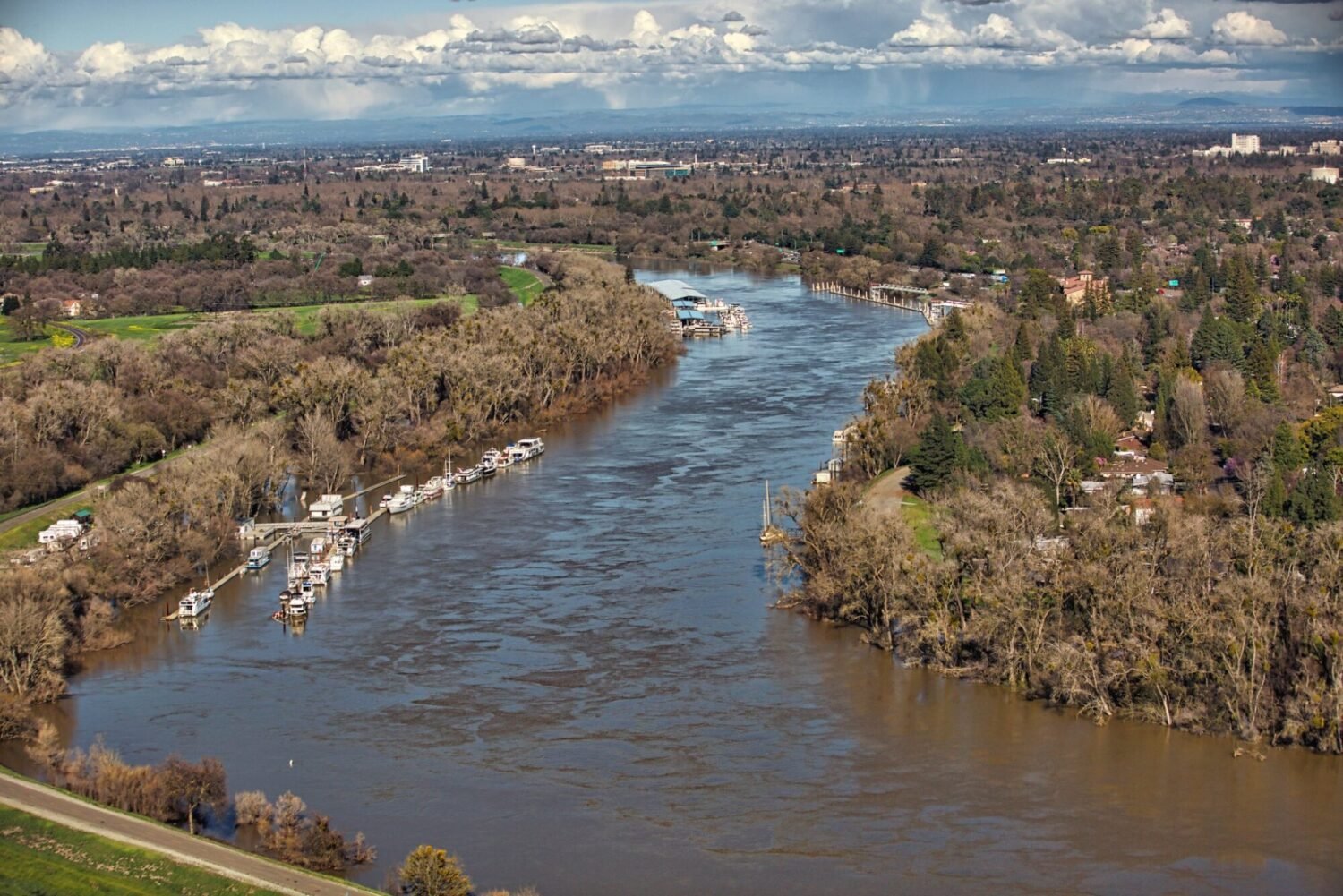
Keeping Sewage Out of the Sacramento-San Joaquin Delta
Following a successful enforcement action by California Coastkeeper Alliance, Sacramento County is now required to repair its outdated sewage system, which has caused multiple sewage overflows over recent years. The County has agreed to invest $100,000 annually toward eliminating sewage discharge through assessments and inspections, cleaning the sewage lines, and repairing or replacing lines that experience repeat stoppages.
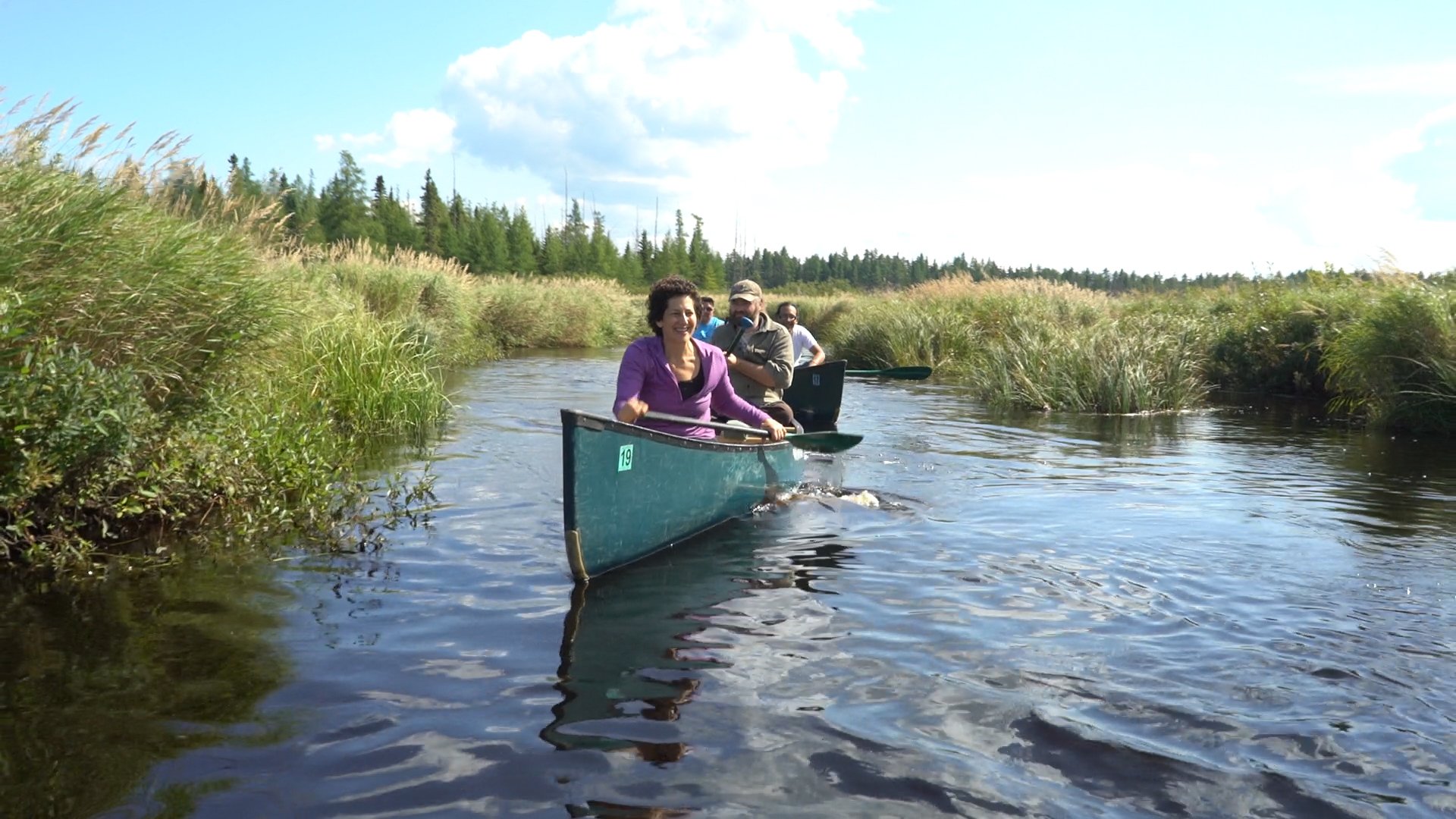
Winning in Environmental Litigation: Outlast the Polluters to Defend the Environment
The PolyMet/Glencore copper-nickel sulfide mine is a dangerous project and a formidable adversary. This mine would be located in the headwaters of the St. Louis River, the largest U.S. tributary to Lake Superior, upstream of the Fond du Lac Reservation and Minnesota’s third largest city, Duluth. The PolyMet/Glencore mine would destroy more than 1,000 acres of wetlands¾the largest wetlands destruction ever approved in the history of our U.S. Army Corps region. The project would release sulfate and toxic metals into waters already impaired due to mercury, contaminating drinking water, decimating wild rice, and increasing toxic mercury contamination of fish. Unfortunately, the Minnesota Legislature has taken PolyMet’s side for more than a decade, sweeping away laws that would pose hurdles in permitting and spending millions in taxpayer funds for outside mining-industry lawyers to represent the agencies granting PolyMet permits.
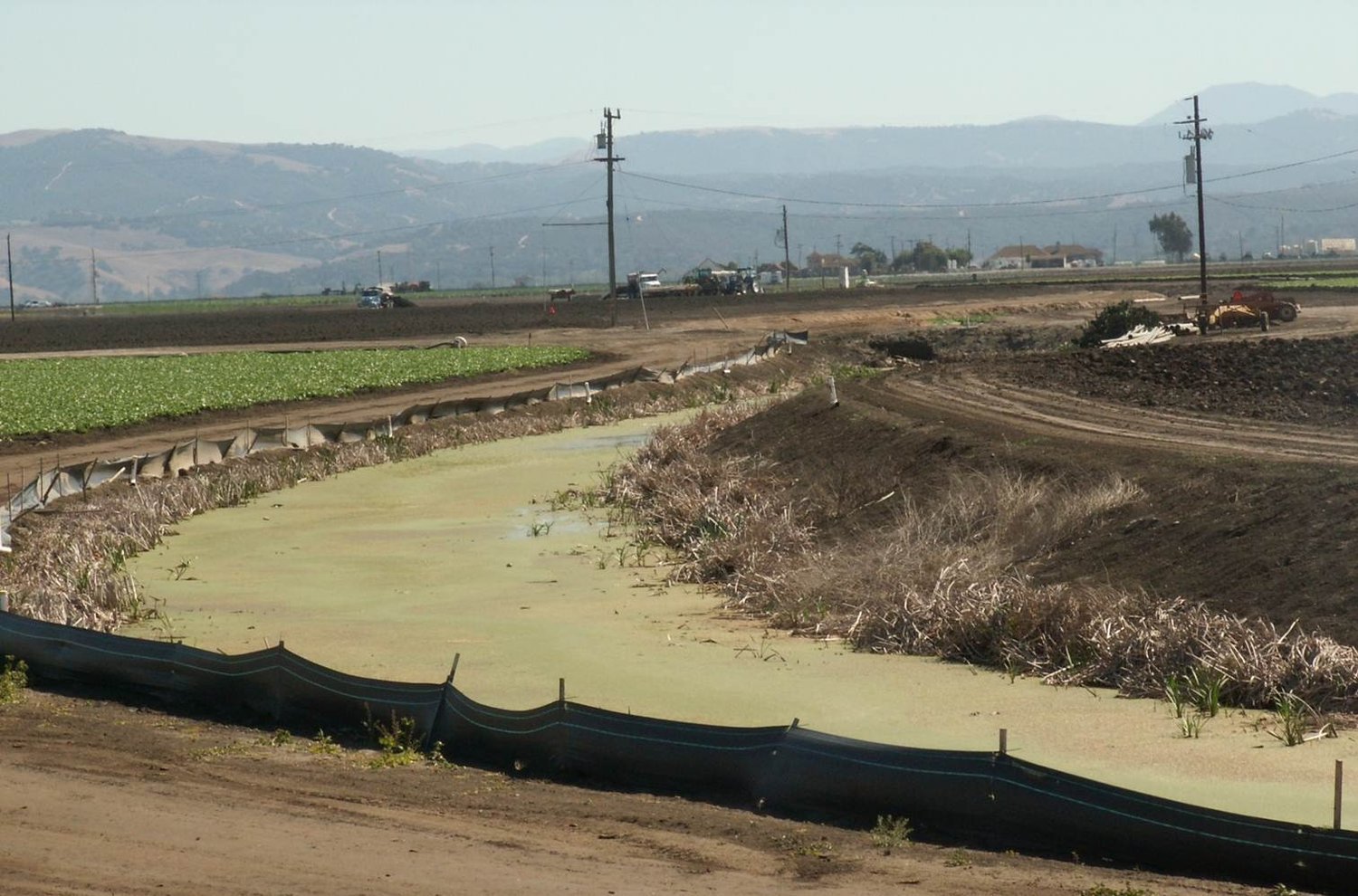
Pursuit of Water Protection: Clean Water Access for Communities in the San Joaquin Valley
The Clean Water Project, which spanned our legal, training, and grantmaking programs, focused on bringing communities together to advocate for and gain access to potable water and on funding impact cases that address clean water issues faced by residents of unincorporated communities in the San Joaquin Valley in California. Although we have distributed all the Clean Water Project funds, the Impact Fund remains committed to funding environmental justice cases through our Just Earth program. We will continue to fund cases working to ensure that people’s right to clean water is protected.
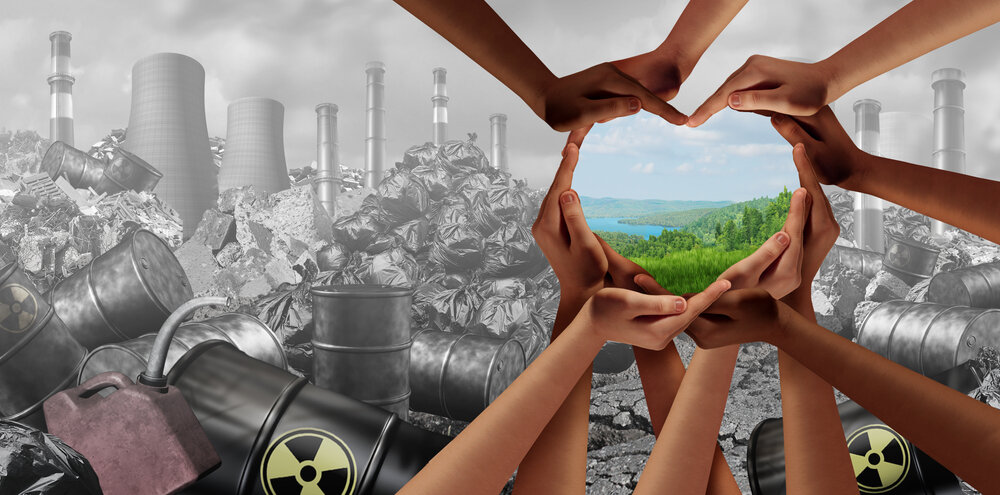
Just Earth Celebrates Three Years of Success Championing Environmental Justice
In the three years since the creation of Just Earth , the need for funding for environmental justice has only increased. After receiving generous seed funding from the Mosaic collaborative, Just Earth is poised for the next chapter. As of today, Just Earth has awarded more than $500,000 by way of 26 recoverable grants. With each of our grants, we aim to effect positive change by funding environmental justice litigation: environmental cases that dually aim to empower and cultivate justice for Indigenous and other underserved communities. All too often, environmental racism and discrimination on the basis of class and race are linked with significant ecological harm.

After Years of Suffering By Low-Income and BIPOC Communities, Court Orders Houston to Obey Clean Water Act and Invest $2BN on Major Upgrades to Sewer System
The Houston Chronicle reported lower-income communities and communities of color are “most likely to feel the consequences of Houston’s long-running struggle with sewer overflows.” We identified thousands of illegal overflows that had occurred across the City’s massive sanitary sewer system and had polluted our local bayous and creeks, as well as neighborhood parks and school playgrounds. This led us to serve the City of Houston with a notice of intent to sue under the Clean Water Act.
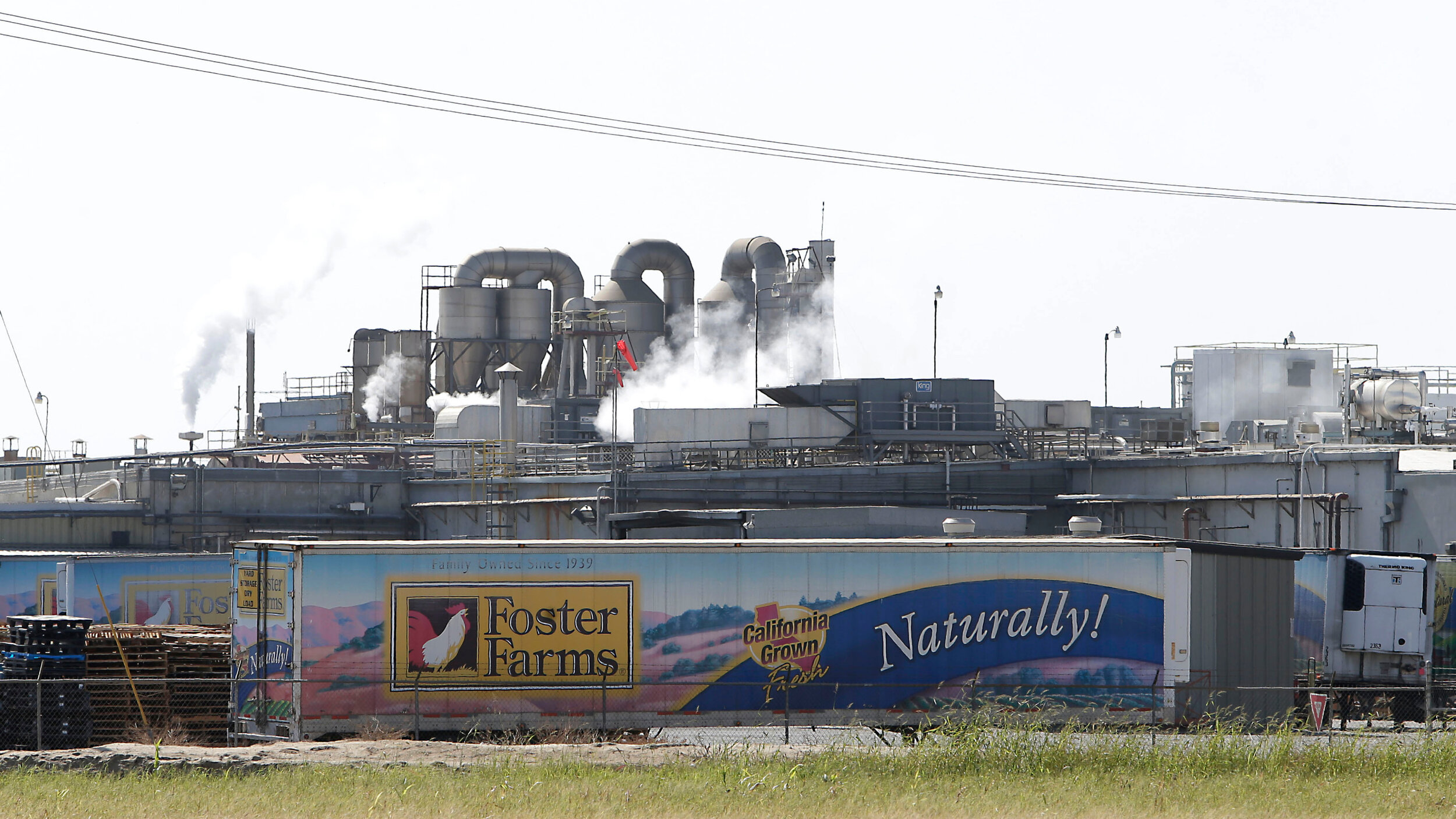
Fighting to Protect Residents From an Industrial Animal Agriculture Giant’s Wasteful Water Use
While residents face water shortages that adversely impact their quality of life, Foster Farms’ Livingston chicken slaughterhouse and processing plant use vast amounts of water for a particularly wasteful and inhumane method of slaughter that also results in diminished water quality in the region. The Impact Fund is standing up for Livingston residents by providing critical funding to the Animal Legal Defense Fund in support of its groundbreaking lawsuit challenging Foster Farms’ excessive water use. The lawsuit seeks to enjoin the company from using its current water-wasting slaughter method, based on a provision in the California Constitution that states that the right to water “shall not extend to the waste or unreasonable use or unreasonable method of use.”

Martin County Kentucky Residents Say "Enough" To Expensive Unsafe Drinking Water
Here’s the real kicker: Despite continued lack of access to safe drinking water, Nina and her fellow Martin Countians pay some of the highest water bills in Kentucky. This is in a county where 40% of the population makes less than $25,000 per year. Many residents simply cannot afford their water bills. Frustrated at the lack of action around water issues in her community, Nina founded the Martin County Concerned Citizens (MCCC) to hold local and state leaders accountable.
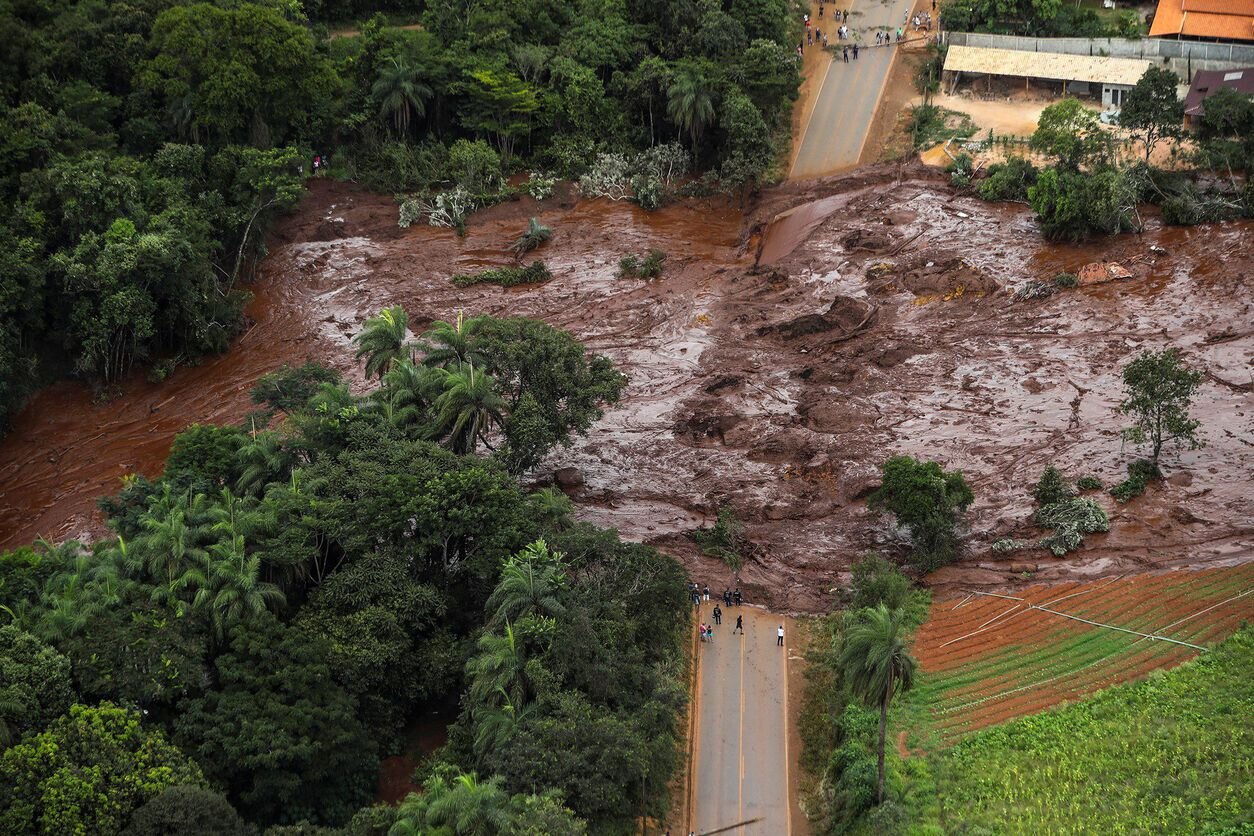
Environmental Justice Appeals Court Victory in Minnesota Paves The Way To Hold PolyMet Accountable.
The proposed PolyMet mine project, located at the headwaters of the St. Louis River, the largest U.S. tributary to Lake Superior, would destroy or impair more than 1,000 acres of wetlands and leach toxic metals like mercury, lead and arsenic into our waters. PolyMet’s tailings waste dam uses the same cheap design as the tailings dam that catastrophically failed in Brazil in early 2019, killing over 250 people.

EPA sits on the scales of justice for polluters with new Environmental Appeals Board proposal
The Trump administration has shown repeatedly its willingness to silence the voices of those who live at the doorsteps of polluting industrial facilities, and to consistently value profit over people. With this proposal, through the provisions described above and others, the administration is attempting to institutionalize lawlessness and corporate cronyism in its most cynical form, and close the door on people seeking to hold their government accountable to the law.
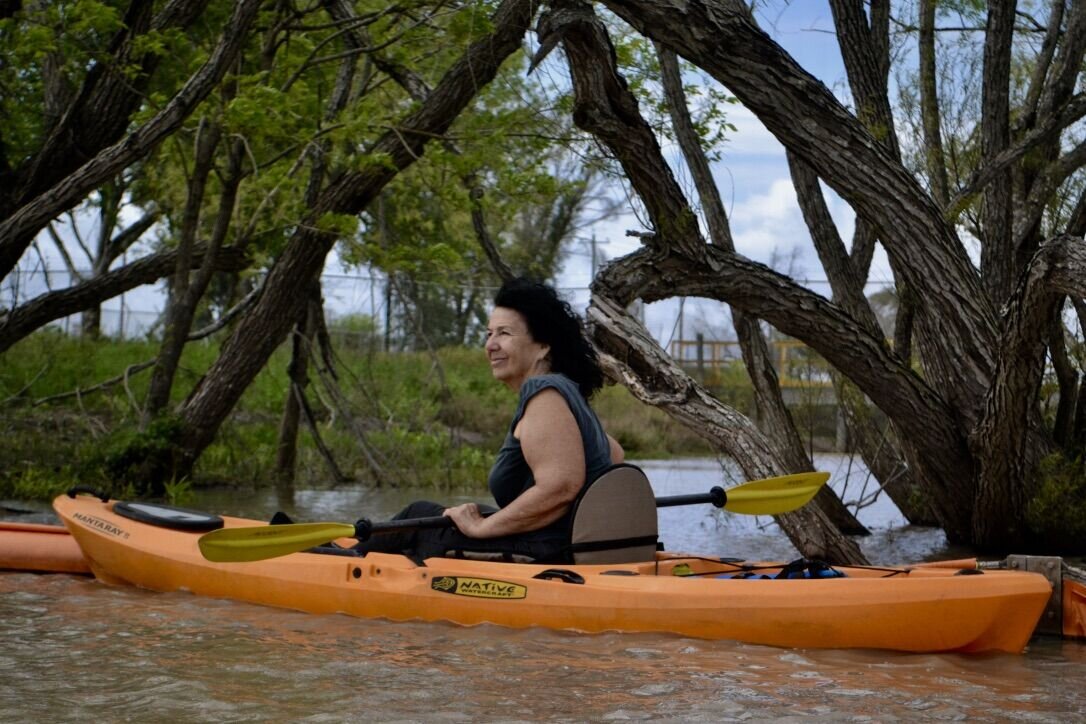
A Victory for Citizen Science along the Gulf Coast: Nurdles, Zero Discharge, and $50M
When the suit went to trial for the liability phase in March 2019, the Waterkeepers packed the 2,428 samples into boxes, drove them to the courthouse in downtown Victoria, and presented them as evidence. Plaintiffs’ marine science expert, Dr. Jeremy Conkle, also testified that from 2017 to February 2019, Formosa’s contractor cleaned up between 7.6 billion and 75 billion individual pellets, meaning that Formosa had discharged well more than this amount since extensive plastics still remained in the environment. Other concerned local citizens testified about seeing extensive discharges of pellets and powder from Formosa’s wastewater discharge pipe directly into the middle of Lavaca Bay.

Schoolteachers Fight For Environmental Justice In Battle With Rio Tinto Over Air Pollution--And Win!
For six years, Elisabeth “Lis” Stannus and Emily Toews, two elementary school teachers in the remote community of Kitimat in northwestern British Columbia, have been fighting a legal battle to protect their local airshed from increasing air pollution. On the other side of this battle were the BC Ministry of Environment (MOE) and Rio Tinto, one of the world’s biggest metals and mining companies.
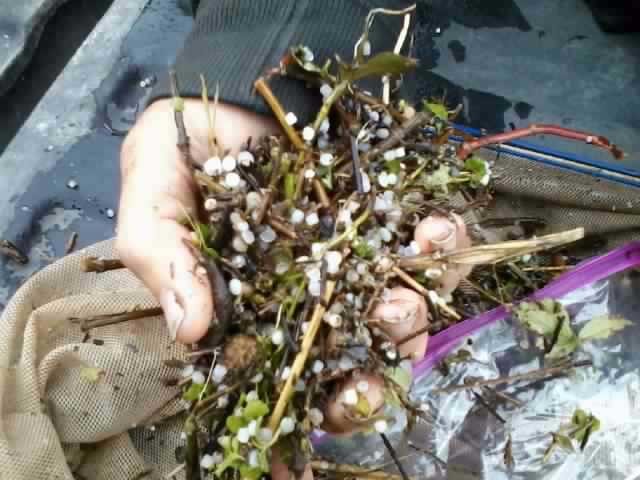
Plastic or People? Protecting the Gulf Coast From the Fossil Fuel Industry Helps the Whole Planet
Refineries and petrochemical plants that process fossil fuels are hurting poor communities and communities of color along the Gulf Coast, including southern Louisiana’s notorious Cancer Alley. And that environmental racism is only getting worse, as Formosa’s decision to target St. James Parish for its next massive plastic facility shows.
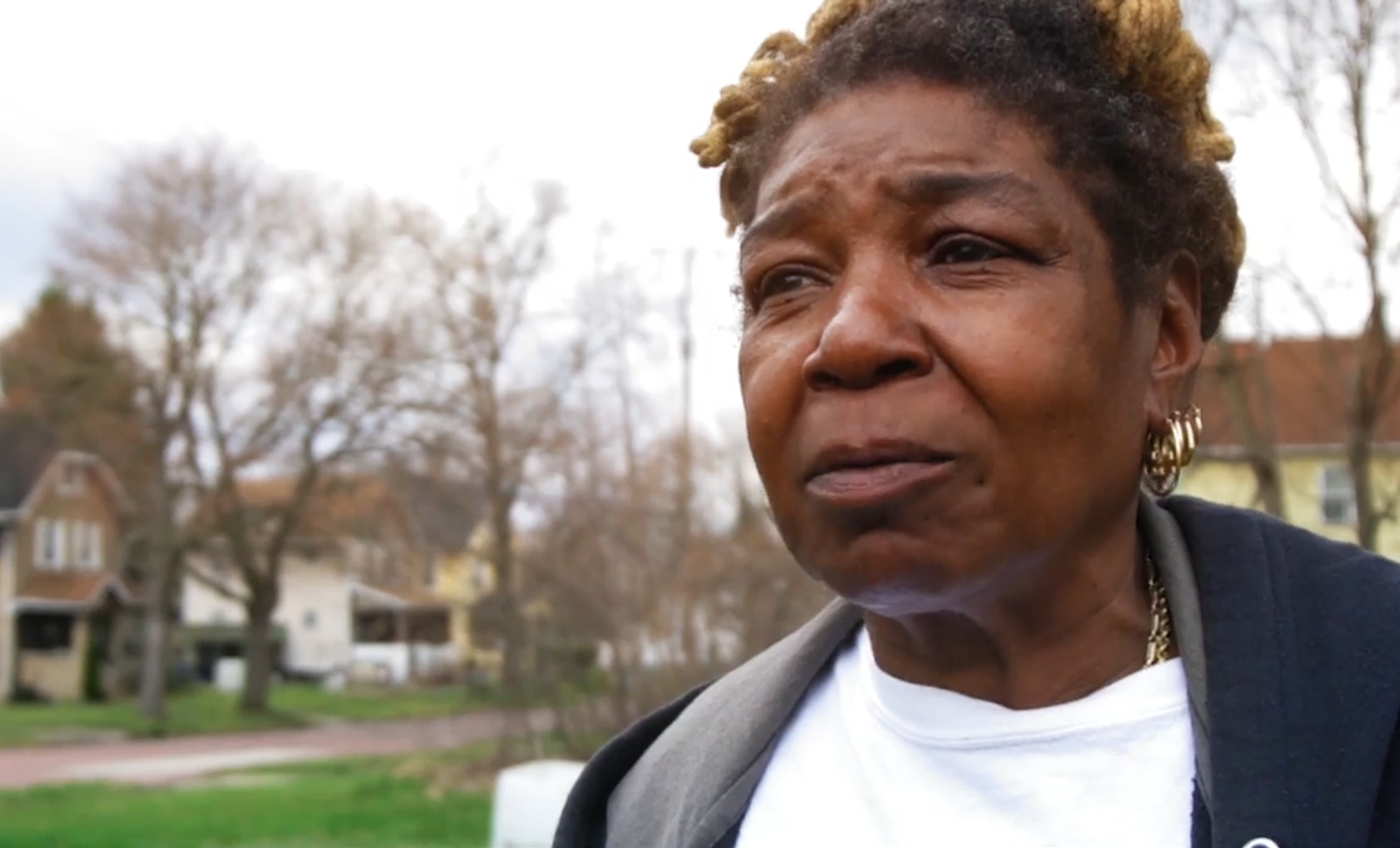
Connecting the Dots: Fracking and Voter Suppression in Youngstown, Ohio
People in Ohio have a right to the initiative to directly “check and balance” the government. Nonetheless, governing officials are repeatedly telling residents that they do not have the authority to vote on these measures. “It’s voter suppression,” says Wilkins, “because they’re not allowing you to vote on things you believe in. We the people should have the right to vote on these things.”

Advocates for Clean Water Fight For Environmental Justice as Pollution from California BigAg Creates Looming Central Valley "Flint" Crisis
Discharges from irrigated agriculture are the largest source of pollutionin California’s Central Valley. Water diversions for irrigated agriculture pose significant environmental challenges by diminishing instream flows and depleting aquifers throughout the state. Agricultural operations also pose a significant threat to water quality when nitrates, pesticides, sediment, pathogens, heavy metals, and salts run off fields into surface and groundwater. Farming right up to the riverbank by intensive farming operations has also led to the destruction of natural riparian zones through increased erosion, nutrient and sediment pollution, higher water temperatures, and degraded aquatic habitats.
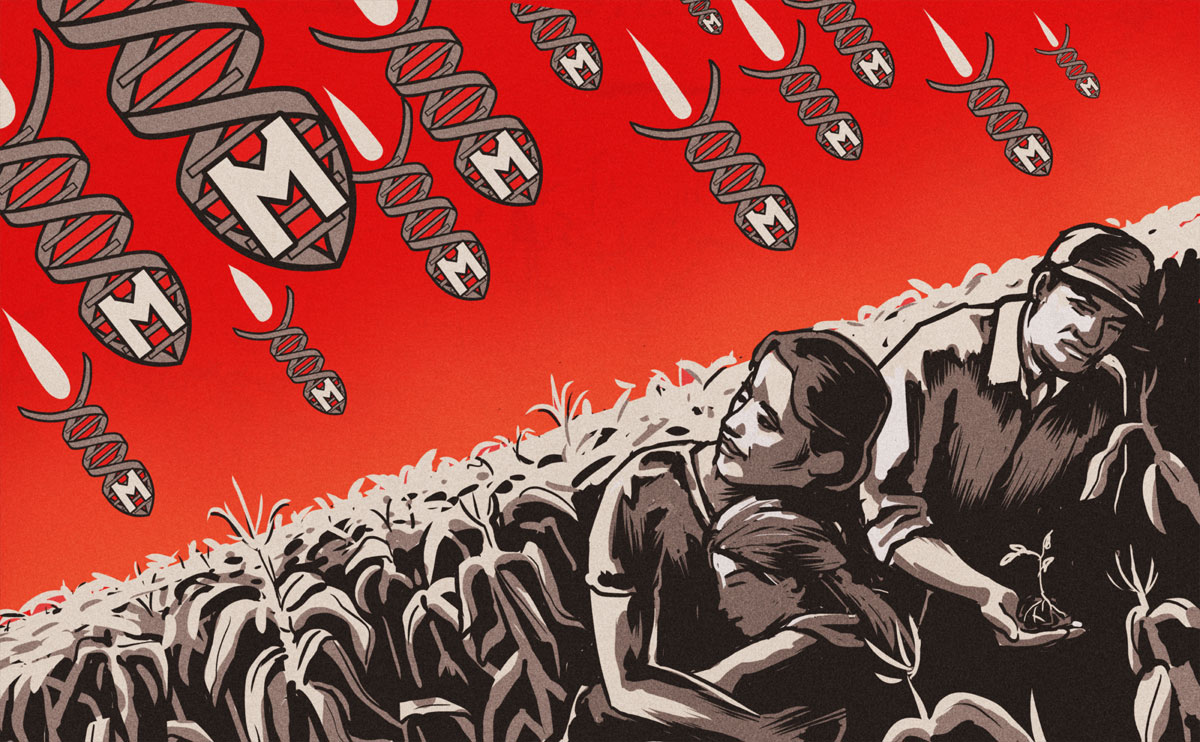
Native Corn In Mexico Takes On Big Ag in Epic Environmental Justice Battle, Trailblazing A Path For Collective Actions
Despite native corn’s enormous importance, in 2009 the Mexican government began granting permits to multinational corporations to cultivate genetically modified corn. Environmental, health, and social justice advocates denounced the move. In 2013, a diverse coalition made up of fifty-three individuals and non-governmental organizations representing scientists, small farmers, beekeepers, consumers, and human rights activists banded together to file an innovative class action lawsuit to halt further genetically modified corn cultivation.

A BIGGER VISION FOR ENVIRONMENTAL JUSTICE GRANTS
The Just Earth Fund, inspired by the urgency of our time, builds on our 25 years of successful grantmaking and brings new energy, hope, and funds to communities demanding justice.
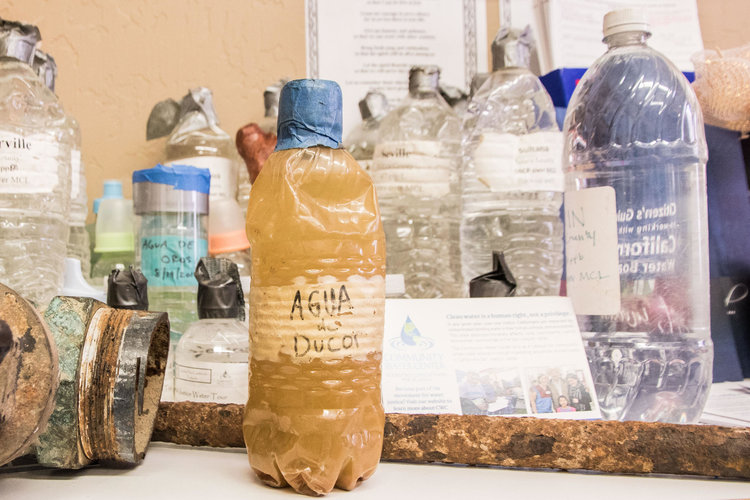
Clean Water Project: Grant Application Process Now Open!
The Impact Fund is thrilled to announce that the application process for grants for strategic litigation under our Clean Water Projectis now open!
